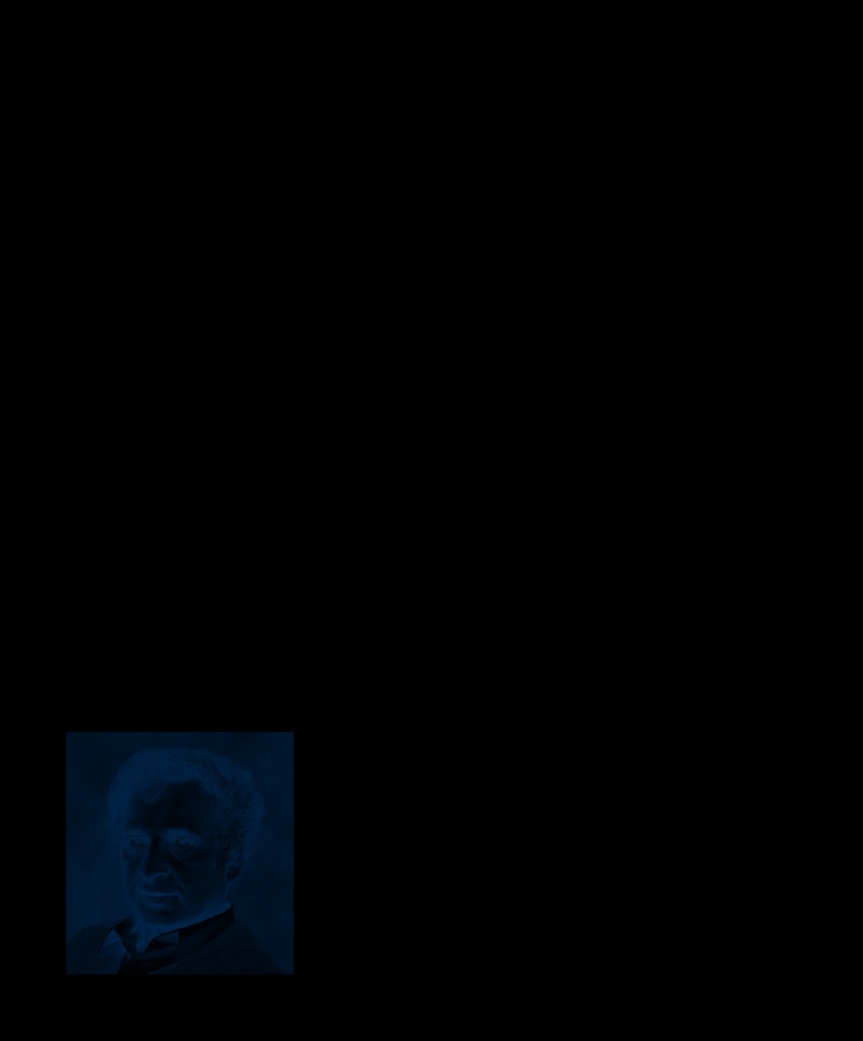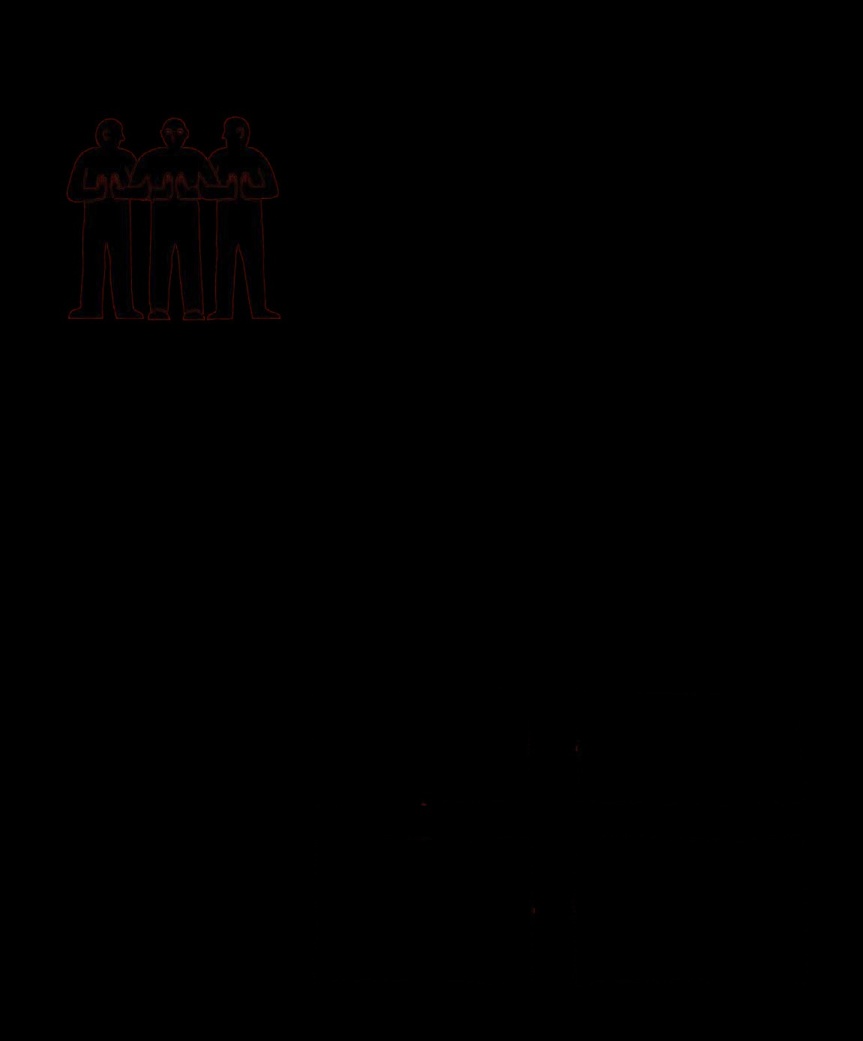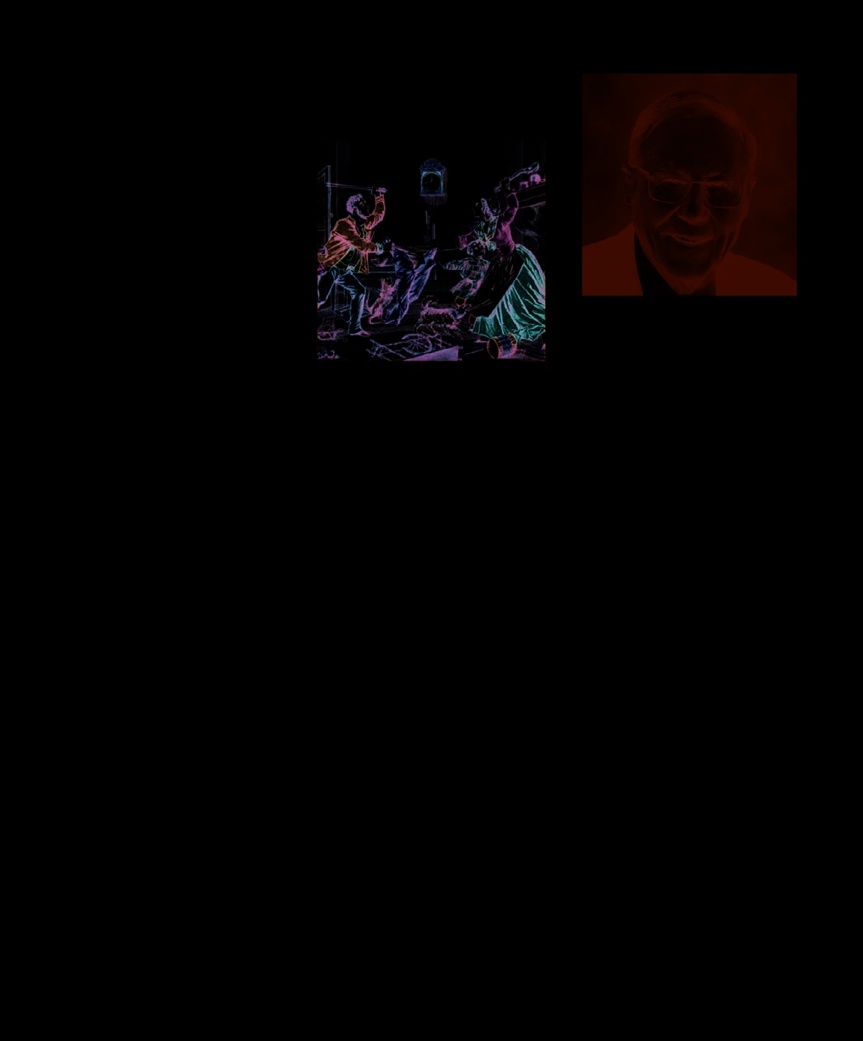The Psychology Book (75 page)
Read The Psychology Book Online
Authors: Unknown

1978
In his zone of proximal
development theory, Lev
Vygotsky puts forward the idea
The goal is not
Society begins to
that learning is fundamentally
to advance
use new phrases and
a socially mediated activity.
knowledge, but
visions to describe a
to be “in the know.”
collective common sense
.

SOCIAL PSYCHOLOGY 239
See also:
Friedrich Herbart 24–25 ■ Kurt Lewin 218–23 ■ Solomon Asch 224–27 ■ Lev Vygotsky 270
I
n the late 1960s, some social communicate within a community. because “the goal is not to advance psychologists, known as the
They are, in effect, a collective
knowledge, but to be in the know;”
social constructivists, argued
“common sense”—a shared version
to be an active participant in the
that the voice of ordinary people
of reality—that is built through the
collective circuit. The process
was being lost from psychological
mass media, science, religion, and
allows the unfamiliar to become
research. The concern was that
interaction between social groups.
familiar, and paves the way for
individuals were wrongly being
To test his theory, Moscovici
science to become common sense.
portrayed as merely perceiving
looked at how the concepts of
In this way, social representations
their social worlds rather than
psychoanalytic theory had been
provide a framework for groups of
actually constructing them. In
absorbed within France since
people to make sense of the world.
order to counteract these worrying
World War II. He studied mass-
They also affect how people treat
trends, social psychologist Serge
market publications and conducted
each other within societies.
Moscovici conducted a piece of
interviews, searching for evidence
Whenever there is debate over a
research that became a classic
of the type of information that had
controversial social issue—such
study of the way people absorb
been floating around the collective
as whether it should be legal for
ideas and understand their world.
consciousness. He discovered that
homosexuals to adopt children—
In his study,
Psychoanalysis:
psychoanalytic theory had trickled
the impact and importance of social
its image and its public
, published
down both in the form of “high
representations becomes apparent.
in France in 1961, Moscovici
culture” and as popular common
Moscovici insists that social
explored the belief that all thought
sense: people thought about and
representations are genuine forms
and understanding is based on the
discussed complex psychoanalytic
of knowledge in their own right,
workings of “social representations.”
concepts in a way that seemed
not diluted versions of higher-level
These are the many concepts,
quite normal, but on the whole they
information. In fact, he makes it
statements, and explanations
were using simplified versions.
clear that these everyday thoughts
that are created in the course
(rather than the more abstract,
of everyday interactions and
Molding common sense
scientific versions) are significant,
communications between people.
The translation of difficult concepts
because “shared representations
They allow us to orientate ourselves
into accessible and more easily
are there to set up and build a
in our social and material worlds
transmissible language is not
common ‘reality,’ a common
and provide us with the means to
problematic, Moscovici contends,
sense which becomes ‘normal’.” ■
Serge Moscovici
Born Srul Hersh Moskovitch to a
In 1949, he gained a degree in
Jewish family in Braila, Romania,
psychology, then a PhD under
Serge Moscovici attended school
the supervision of Daniel
in Bucharest, but was expelled
Lagache, with the support of
due to anti-Semitic laws. After
a refugee grant. He co-founded
surviving the violent pogrom
the European Laboratory of
of 1941, in which hundreds of
Social Psychology in 1965, and
Jewish people were tortured
as a professor of psychology has
and murdered, he and his father
taught in prestigious universities
moved constantly around the
across the US and Europe.
country. He learned French during
World War II, and co-founded an
Key works
art journal,
Da
, which was banned
due to censorship laws. In 1947,
1961
Psychoanalysis
he left Romania and traveled via
1976
Social Influence and Social
“displaced persons” camps until
Change
he reached France a year later.
1981
The Age of the Crowd

240
WE ARE
BY NATURE
SOCIAL BEINGS
WILLIAM GLASSER (1925– )
achieving greater happiness and
CONTEXT
W
illiam Glasser openly
rejected conventional
fulfilment through personal choice,
psychiatry and the use
responsibility, and transformation.
APPROACH
of medication, claiming that most
In 1965, he developed Reality
Choice Theory
of the mental and psychological
Therapy, a cognitive-behavioral,
BEFORE
problems that people experience
problem-solving approach to
c.350 BCE
Greek philosopher
are actually on a spectrum of
treatment that encourages clients
Aristotle says we are driven by
healthy human experience, and
to seek what they really want in
three things: sensual appetite,
can be improved through changes
the present moment, and to assess
anger, and
boulesis
, the rational
in behavior. His ideas focus on
whether or not the behaviors
desire for what is beneficial.
1943
Clark L. Hull says that
all human behavior comes
We are, by nature,
from four primary drives:
social beings.
hunger, thirst, sex, and the
avoidance of pain.
1973
US scientist William T.
Powers develops perceptual
When our close
Love
and
belonging
control theory (PCT), which
interpersonal relationships
are among our greatest
suggests that our behavior is
are troubled we
non-survival needs.
how we control our perceptions
become
unhappy
.
in order to keep them close to
internally fixed reference levels.
AFTER
2000
US psychiatrist Peter
Breggin publishes
Reclaiming
Extreme unhappiness
We can treat psychological
can result in
problems by
repairing
our Children
, criticizing the
symptoms that are
interpersonal
use of psychiatric drugs as
commonly associated
relationships
; psychiatric
“cures” for troubled children.
with
mental illness
.
drugs are unnecessary.

SOCIAL PSYCHOLOGY 241
See also:
Emil Kraepelin 31 ■ Sigmund Freud 92–99 ■ David Rosenhan 328–29 ■
Clark L. Hull 335
that they have chosen are bringing
them closer to or further away from
achieving their goals.
Choice Theory
Over decades of practicing Reality
Therapy, Glasser realized that his
entire approach was based on the
idea of people actively identifying
what they want to do in order to
be fulfilled, and this led him to
William Glasser
develop Choice Theory. This theory
holds that we are all motivated to
William Glasser was born
in Cleveland, Ohio, in
act in ways that increase pleasure
Interpersonal strife
with those close
1925. Originally trained as
and decrease pain—we want to
to us leads to rifts and resentments that
a chemical engineer, he
think and behave in ways that will
produce symptoms of mental illness;
attended medical school in
make us feel better. All pleasure
these problems are, in fact, the logical
Cleveland and trained in
and pain, he says, derives from our
consequences of troubled relationships.
psychiatry in Los Angeles.
efforts to satisfy five genetically
He began practicing in 1957.
encoded needs: survival, love and
someone to listen to what we say;
Through the writings on
belonging, power, freedom, and fun.
to feel free, we must feel free from
perceptual control theory
Any behavior that satisfies one of
the control of others; and while it is
(PCT) by William T. Powers,
these is pleasurable, and any that
possible to have fun on our own, it
Glasser was introduced to
fails to do so is a source of pain,
is much easier with other people.
control theory systems. In
and ultimately, he explains, it is
For these reasons, he argues, “we
1967, Glasser founded the
only through human relationships
are, by nature, social beings.”
Institute for Reality Therapy
that we can satisfy these needs.
Glasser emphasizes that lasting
in California (later renamed
When we are struggling to survive,
psychological problems are usually
the William Glasser Institute),
which trains students in
the help of another makes us feel
caused by problems in our personal
Choice Theory. His approach
good; in order to feel love and
relationships (rather than signifying
is taught in more than 28
belonging, we need at least one
a biochemical abnormality in the
countries, and he has written
good relationship; to sense even
